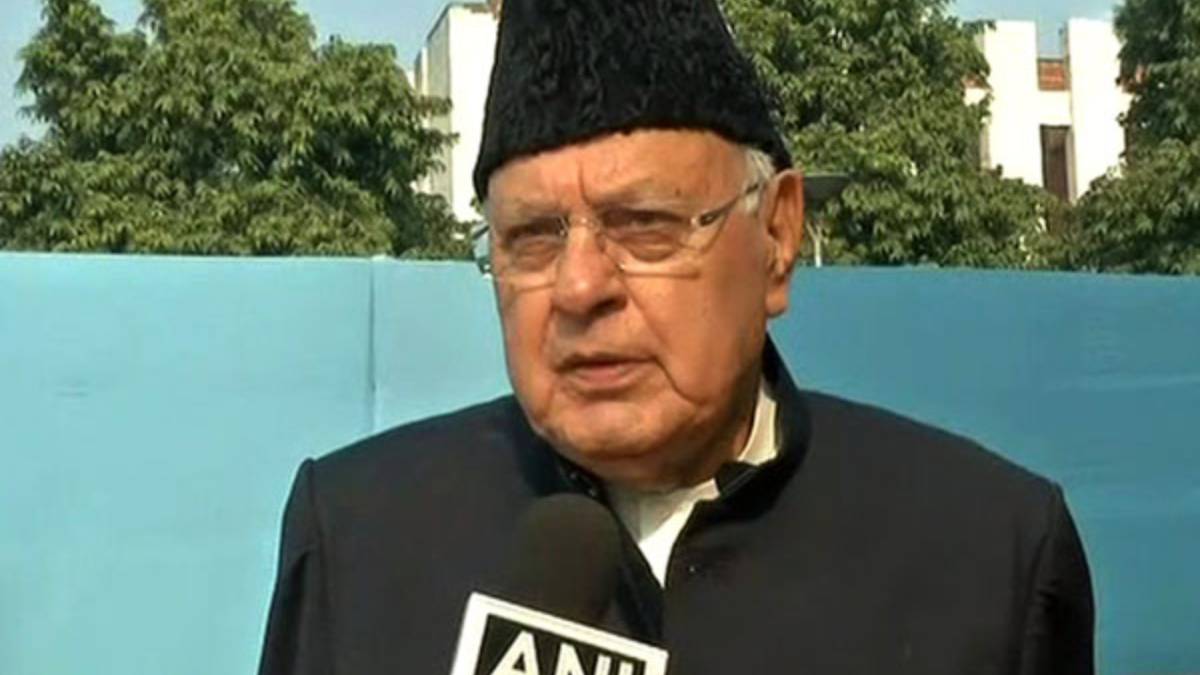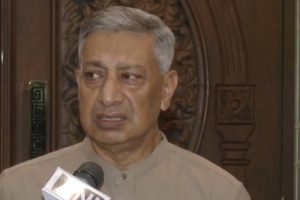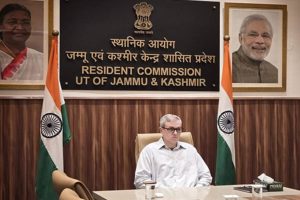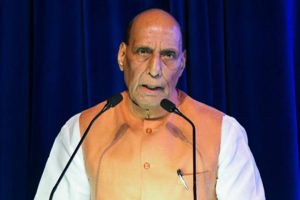Jammu and Kashmir National Conference (JKNC) chief Farooq Abdullah on Saturday firmly reiterated that Kashmir is an inseparable part of India, while visiting Pahalgam in the aftermath of the recent terror attack that claimed the lives of 26 tourists.
Speaking to reporters during his visit, Abdullah emphasized the resilience of both locals and visitors, stating, “The people who wanted to spread fear have lost. It has been proven today that we are not going to get scared. Kashmir was and will always be a part of India. People want terrorism to end — it’s been 35 years. We want to move forward. We will become a superpower one day.”
During his visit, Abdullah met with tourists and also offered condolences to the family of Syed Adil Hussain Shah, a local who died heroically while trying to save tourists during the attack. “Farooq Abdullah shared our grief and gave us courage in our sorrow,” said Hyder Shah, Adil’s father.
Responding to recent comments by former Pakistan Foreign Minister Bilawal Bhutto, Abdullah dismissed their relevance, saying, “If we go by Bilawal Bhutto’s statements, we cannot move forward.” He also called for a review of the Indus Water Treaty, stating that India has long been deprived of its rightful share of water resources.
Abdullah’s comments came amid strong diplomatic actions by the Indian government, which included a complete ban on trade with Pakistan, closure of the Attari Integrated Check Post, suspension of the SAARC Visa Exemption Scheme for Pakistani nationals, and halting of the Indus Waters Treaty — all in response to the terror attack in Pahalgam.
The government’s actions signal a hardened stance as tensions escalate between India and Pakistan in the wake of the deadly assault, which has reignited national discourse on security, sovereignty, and bilateral relations.





